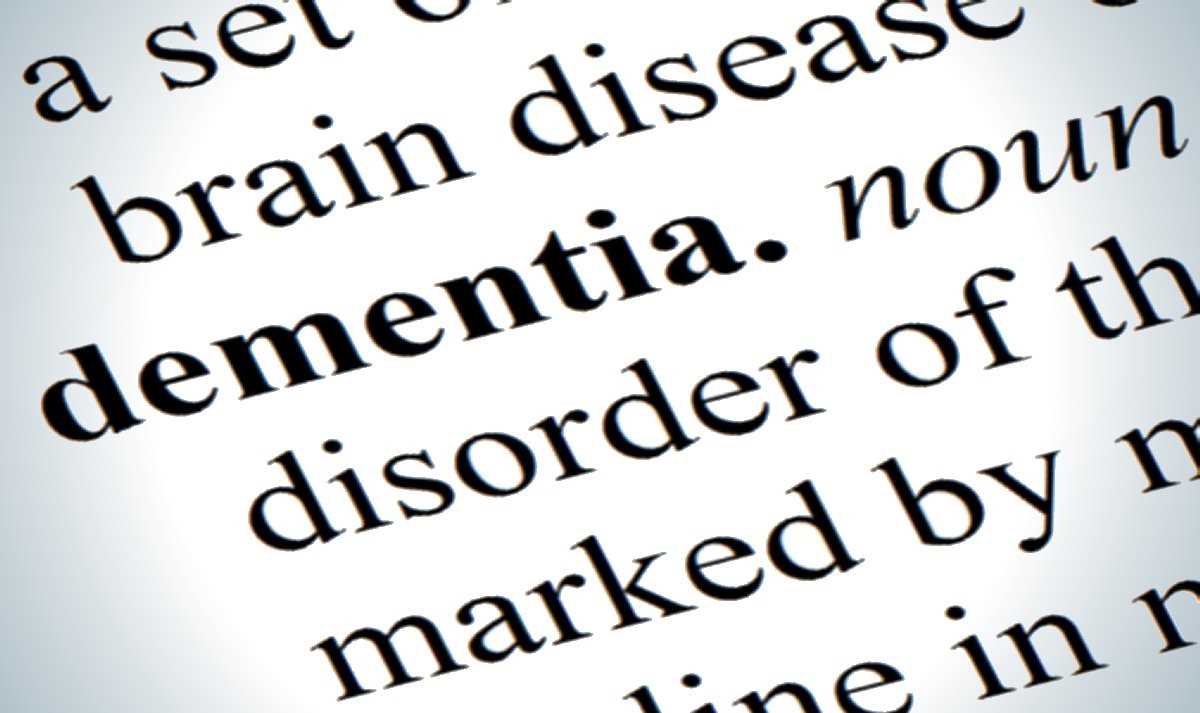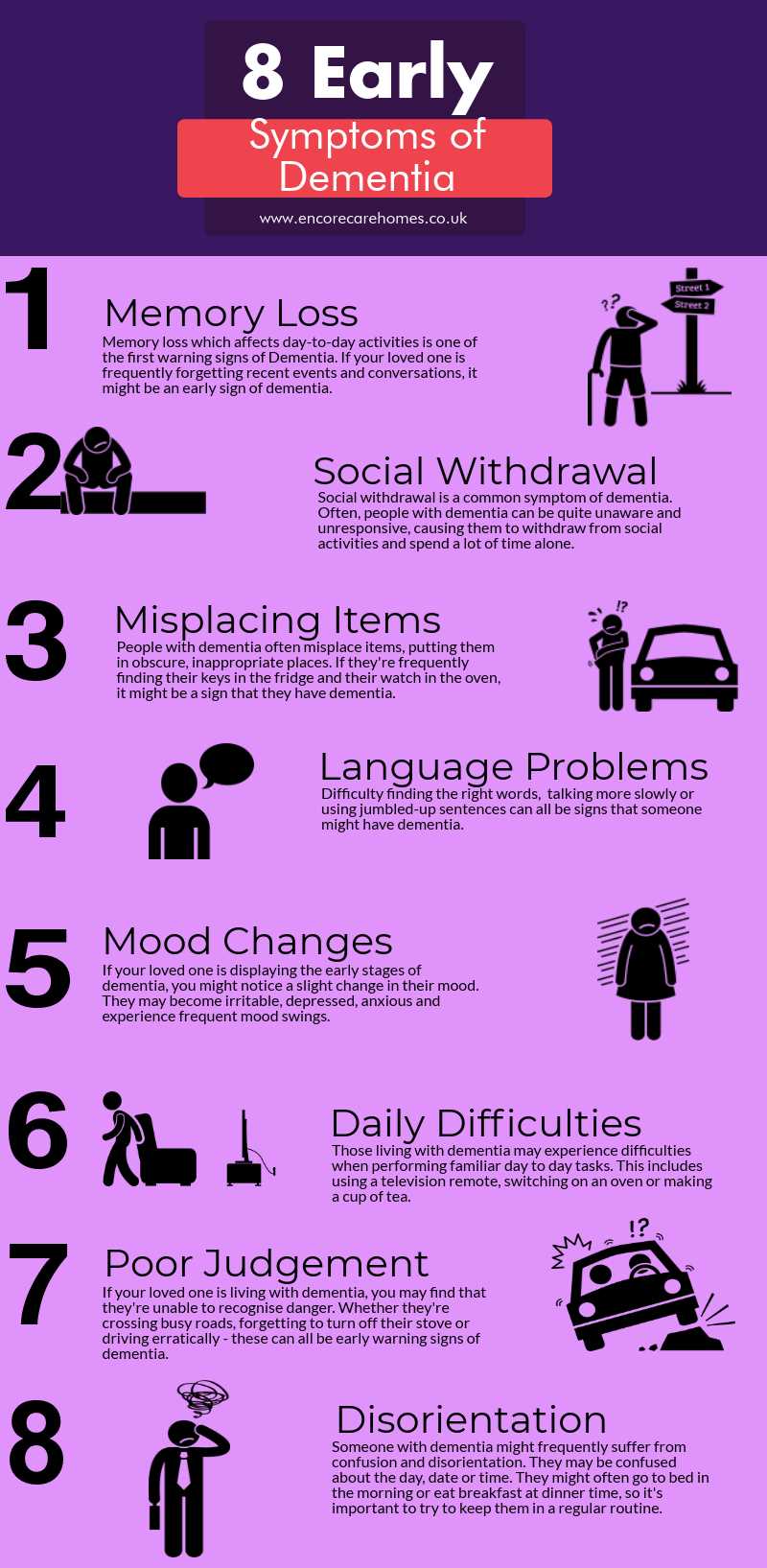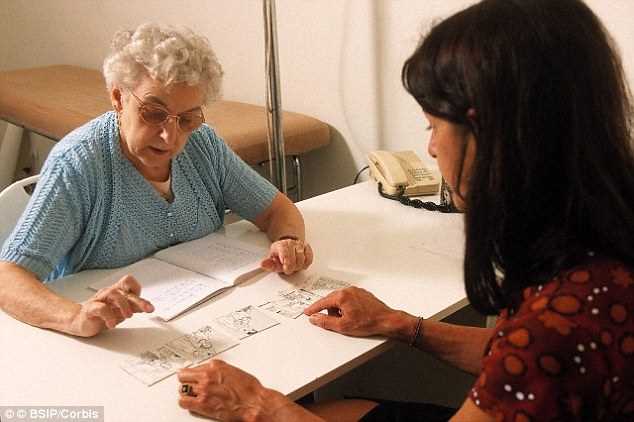
Understanding how to evaluate cognitive function is essential for identifying early signs of mental decline. Various assessments help determine the extent of cognitive impairment and provide insights into brain health. These evaluations typically involve a series of tasks designed to measure memory, reasoning, and the ability to perform everyday activities. Such tools are often used by healthcare professionals to guide diagnosis and plan care strategies.
Common Indicators of Cognitive Decline

Recognizing early signs of cognitive issues can be challenging but is crucial for timely intervention. Some of the most common indicators include:
- Difficulty remembering recent events or conversations
- Problems with decision-making or problem-solving
- Frequent confusion or disorientation
- Changes in mood or behavior
- Challenges in completing routine tasks
How Cognitive Health Evaluations Are Conducted
Evaluating cognitive health typically involves a variety of methods. These may include verbal exercises, written tasks, and practical activities aimed at gauging a person’s memory, attention, and problem-solving abilities. Some tests focus on short-term memory recall, while others assess language skills or spatial awareness.
Key Areas of Focus During Evaluations
During these assessments, several key areas are examined:
- Memory: Both short-term and long-term memory recall are tested to determine any gaps or inconsistencies.
- Attention: Evaluators may ask the individual to perform tasks that require concentration and focus.
- Language Skills: Verbal exercises help assess the individual’s ability to express thoughts clearly and understand spoken or written language.
- Problem-Solving: Tasks that require logical thinking and planning are used to measure cognitive processing speed and reasoning ability.
Interpreting Results and Next Steps

After completing the assessments, professionals analyze the results to identify any cognitive impairments. If the results suggest any decline, further steps are usually recommended, such as more advanced evaluations or initiating treatment plans. It’s important to understand that these assessments are only a tool in a larger diagnostic process. The results can guide healthcare providers in determining the best course of action for managing cognitive health.
Providing Support After an Evaluation
Following an assessment, individuals may feel a range of emotions, from relief to anxiety. Providing emotional support and understanding is vital in this process. Family members can play an important role by helping the individual understand the results, offering encouragement, and exploring treatment options together. In many cases, early detection allows for a range of interventions aimed at maintaining cognitive function and quality of life.
Evaluating Cognitive Health: A Comprehensive Guide
Assessing mental function involves various methods to understand the state of an individual’s cognitive abilities. These evaluations help identify potential issues early, enabling better management and care. A thorough evaluation typically includes multiple tasks designed to test memory, reasoning, and everyday problem-solving skills, providing a clearer picture of an individual’s cognitive status.
Understanding the Structure of Cognitive Assessments
Cognitive evaluations are designed to measure a wide range of mental functions. The process typically involves verbal exercises, written tasks, and practical challenges that target memory recall, logical thinking, and attention span. These activities are carefully crafted to provide a comprehensive view of a person’s cognitive strengths and weaknesses.
Common Indicators and Early Warning Signs
Early signs of cognitive decline can often go unnoticed. However, some of the most common indicators include:
- Memory lapses or difficulty recalling recent events
- Struggles with completing everyday tasks or decision-making
- Frequent confusion or misplacement of objects
- Changes in behavior or mood swings
- Difficulty focusing or following conversations
Recognizing these early warning signs allows individuals and caregivers to seek help promptly, ensuring timely intervention and support.
Interpreting the Results and Moving Forward
After the evaluation, results are analyzed to identify any cognitive decline or areas requiring attention. If concerns are raised, further assessments or interventions may be recommended. It’s essential to understand that results are part of a broader process, guiding healthcare professionals in determining the best course of action. Clear communication with patients and their families is crucial in understanding the findings and next steps.
Supporting loved ones after an evaluation is just as important as the process itself. Emotional support and practical assistance can make a significant difference in coping with any diagnosis. Families can help by ensuring that treatment plans are followed and offering reassurance during this challenging time.